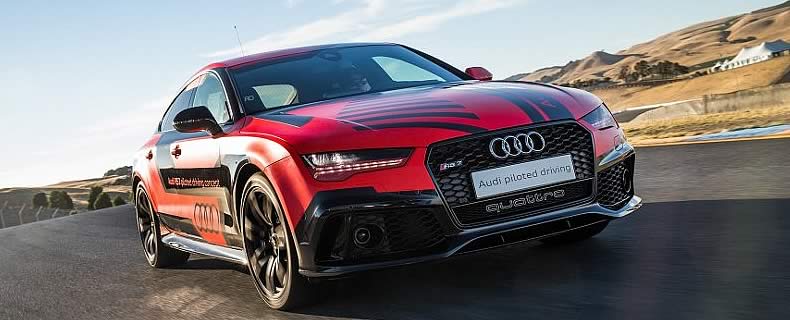
The global auto industry is moving rapidly toward an era when drivers won’t be required for driving. Economists, policymakers and auto executives believe “driverless” cars will dramatically improve transportation safety and significantly cut emissions. Within several years, car owners are expected to have the option to turn over control of their vehicle to an internal pilot, thanks to advances across digital technologies that are being perfected and harnessed continually by Audi and other automakers, as well as by tech companies including Google.
The biggest hindrance to this scenario will not stem from any limitations in autonomous-driving technologies but rather from legal, political, infrastructure, regulatory and liability factors that all need to be addressed as the developed world makes the most significant switch in its automotive paradigm in over a century.
The Audi strategy for harnessing cutting-edge technologies for making driving safer as well as enjoyable, and for giving maximum control to drivers, has been evident for some time in features and systems already deployed in Audi vehicles. The company has enveloped all of its vehicles in cameras, sensors and other safety-detection and –response and convenience systems that comprise advanced features such as forward-collision warning, lane-change assist and park assist. Altogether, these features already comprise substantial layers of safety enhancement and driver protection that are playing integral parts in the Audi piloted driving system of the future.
